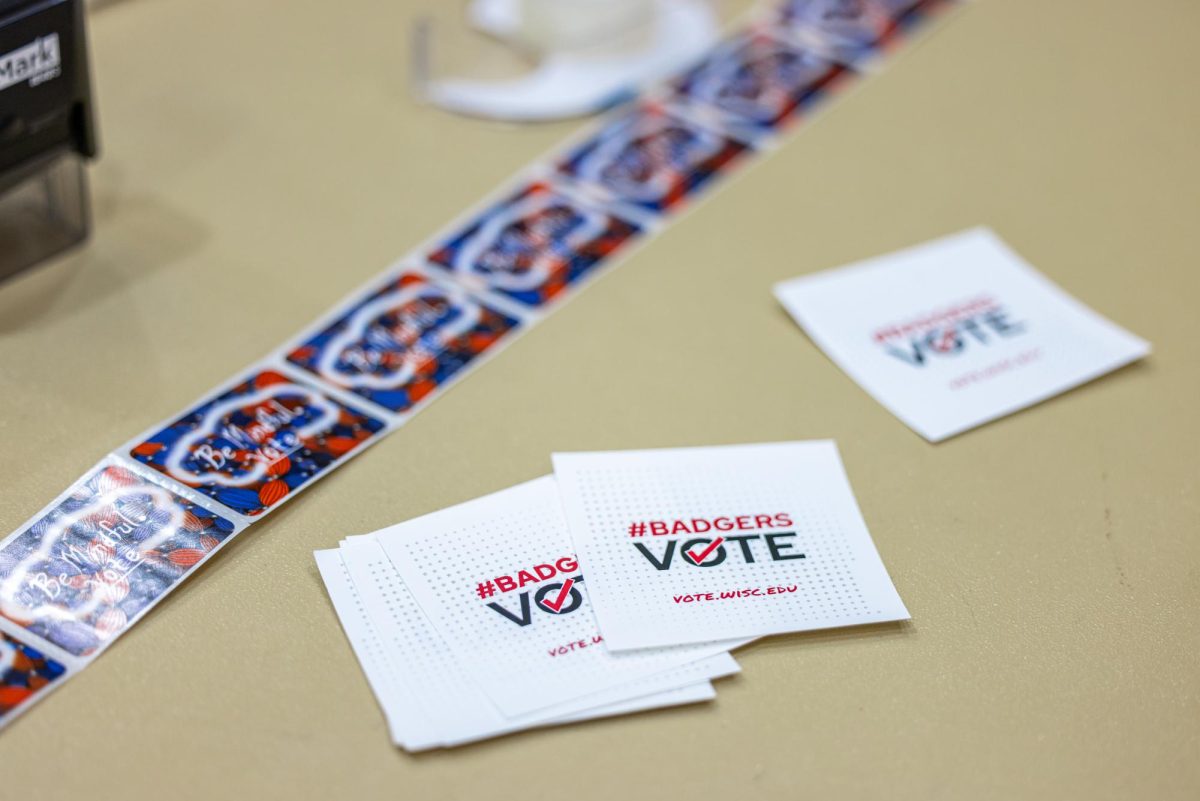Legislators from both parties seemed to largely back a bill that would allow alcohol vendors to sue underage patrons for $1,000 in the bill’s public hearing Thursday.
All the legislators on the state Assembly’s Committee on State Affairs who spoke said they support much of the bill, although one part that would make patrons pay for attorney fees will likely be dropped.
Two Democrats raised concerns over requiring that the patrons have to pay the vendors’ attorney fees, as those fees could end up being thousands of dollars.
The bill’s author, Rep. Andre Jacque, R-DePere, said he would “absolutely” reconsider that part of the bill. Scott Stenger, a Tavern League of Wisconsin lobbyist, said the group is “not interested” in having patrons potentially pay thousands of dollars in attorney fees and would support taking that part out.
Rep. JoCasta Zamarripa, D-Milwaukee, also said she wants first-time offenders to take a class and see a reduction in the penalty. In Alaska, which has had the law in place since 2001, such a program developed despite not being written in the statute, Jacque said.
Rep. Dan Knodl, R-Germantown, who owns a Hartford resort with a bar, said the bill is needed and would help curb underage drinking at legal establishments, especially since vendors would have a warning sticker. He said if a vendor decides to sue an underage patron, it would send a strong message to others who think about trying to break the law.
“The word will be out in that community that that’s not the place they want to get into,” Knodl said. “I think it’s a great deterrent.”
Currently, underage patrons can only face police fines ranging from $250 to $1,000, an amount that co-sponsor Sen. Neal Kedzie, R-Elkhorn, previously said is a “slap on the wrist.”
This bill would allow alcohol vendors of any kind to sue underage patrons for $1,000, regardless of whether the patron got a fine from the police.
If the patrons are younger than 18 years old, the parents would be the one facing lawsuits, which Rep. Robb Kahl, D-Monona, said he was concerned with. Jacque replied that it would encourage parents to get involved and have conversations with their children.
Vendors remain liable for ensuring all their patrons are more than 21 years old and need to prove that the patron’s conduct “constituted an underage violation,” according to Jacque.
Julia Sherman, alcohol policy project coordinator at the University of Wisconsin Law School’s Resource Center on Impaired Driving, said in a past interview the bill would not be effective and called for more and better age checks.
“This bill is not a deterrent at all,” Sherman said. “It will have no impact. We know what activities have an impact on underage drinking. They’ve been well proven and documented. Alcohol age compliance checks work. … However, retailers don’t like them.”
Pat Purtell, owner of Terry’s Bar in Appleton, said there is already a significant amount of training from employers and municipalities, but law enforcement measures are failing.
Purtell owned Kelly’s Bar outside the University of Wisconsin-Oshkosh until seven years ago. He said he collected about 300 fake IDs every six months and handed them over to police, who never followed up on them.
“It is a battle every day to keep these kids out,” Purtell said. “They’re breaking the law. … After 40 years in this business, I would hate to lose my livelihood for someone else committing a crime.”
Health First Wisconsin, which recently released a study that said binge drinking costs the state $6.8 billion, said in its written testimony that the bill is the “wrong” way to fix the state’s underage drinking problem.
The group said the bill creates a financial incentive for vendors, a point Jacque said was not true, and it called for the money to be used for prevention. It also said vendors should be punished more, contrasting the $500 fine Wisconsin vendors currently face with the $5,000 fine in Alaska, where the bill is in place.
“Operators should be doing their job responsibly to ensure that underage drinking is not occurring in the first place,” the group said. “For meaningful change to occur, licensees must strengthen their commitment to proactively identify underage individuals or refuse to serve them.”
UW Associated Students of Madison Chair Andrew Bulovsky criticized the bill in a statement last month, saying it “serves only to punish students.”
But Purtell said as many students have phones worth hundreds of dollars and $100 phone plans, they “have the money” to pay for the new penalty.













